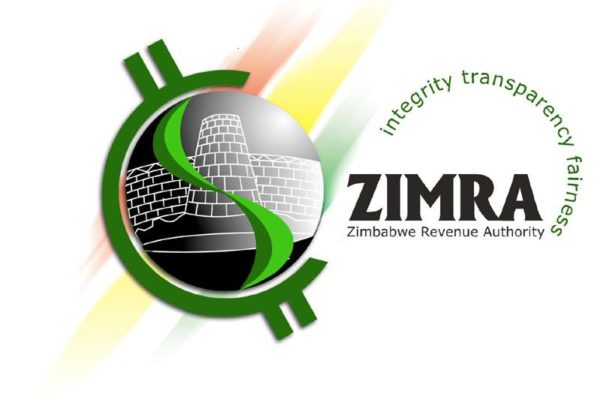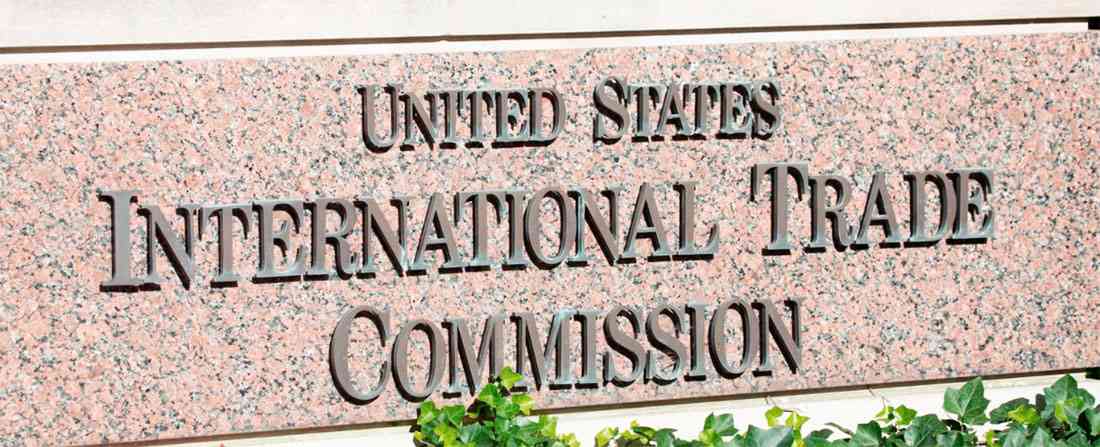
BY PRAISEMORE SITHOLE
THE Zimbabwe Revenue Authority (Zimra) has said couples intending to sell their jointly-owned matrimonial houses are obliged to pay double Capital Gains Tax, with each of the parties taxed separately.
Zimra spokesperson Francis Chimanda confirmed the taxation regime after some couples in Bulawayo had queried the move.
He said married people were taxed separately if both have their names showing on the title deeds.
“If the house was jointly owned and registered as such at the Registrar of Deeds, which is if both names appear on the title deed, these are taxed separately,” Chimanda said.
Chimanda, however, said divorcing couples could choose to elect for deferment of tax.
“If one partner is transferring his or her half share or even full share of a property which used to be their principal private residence (PPR), the transferor partner can choose to elect for deferment of tax in terms of section 16 of the Capital Gains Tax Act,” Chimanda said.
“The transferee partner would be responsible for the payment of Capital Gains Tax if she or he decides to dispose of it at a later date, that is if she or he owned it from the time they owned the property before their divorce.”
- Chamisa under fire over US$120K donation
- Mavhunga puts DeMbare into Chibuku quarterfinals
- Pension funds bet on Cabora Bassa oilfields
- Councils defy govt fire tender directive
Keep Reading
Chimanda said for the rest of the properties, if they own more than one property, the transferor partner would pay Capital Gains Tax in the normal way.
He, however, said elderly couples above 55 years were exempted from paying the Capital Gains Tax when selling their property to a third party.
“If they are selling a PPR to a third party and they are above the age 55 years, they are eligible for old age exemption and hence do not pay tax,” Chimanda said.
“If their property is a PPR and they want to sell in order to purchase or construct another PPR, even if they are below the age of 55 years, they can elect the provisions of section 21 to rollover Capital Gains Tax.”
Chimanda also said couples transferring properties between themselves, and elect provisions of section 16, Capital Gains Tax can be deferred on all transactions.











